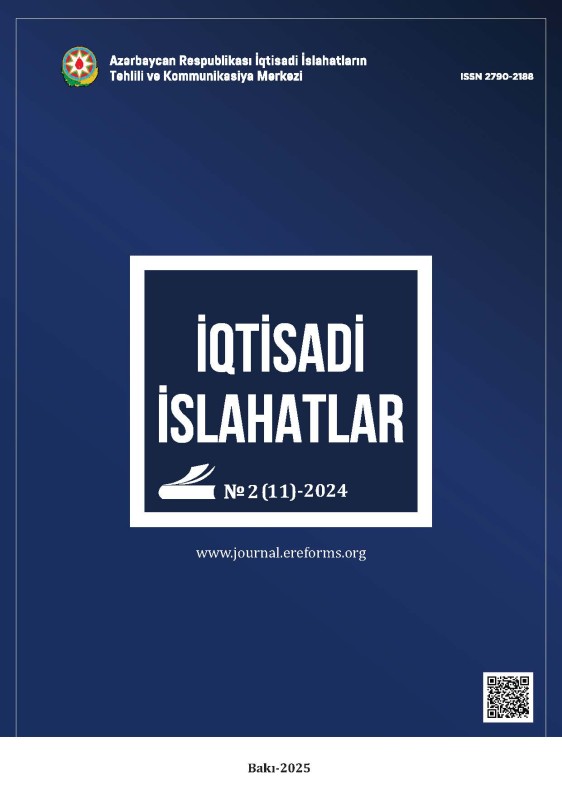Methods of measurıng the ımplementatıon level of strategıc documents and theır applıcatıon ın evaluatıon of agrarıan polıcy
Summary
The article analyzes widely used applied tools in the world experience for monitoring and evaluating of policies, projects and programs, considers performance and result indicators, target indicators and similar measurement criteria, and also touches upon terminological issues used in international and national practice. The study describes the essence of Key Performance Indicators and their functions, explains the various methods used in the process of their formulation, and groups recommendations on issues that should be taken into account to prevent potential problems.
The article examines international approaches in the field of agricultural policy evaluation and the work carried out in this area in our country. The evolutionary process that has been accelerating recently in the direction of improving the system of monitoring and evaluating the socio-economic policy carried out in Azerbaijan is manifested both through the regulatory acts adopted by the state and in the activities of implementing bodies and organizations conducting monitoring.
In order to evaluate the implementation of the adopted State Programs for the development of agriculture in Azerbaijan in the context of accelerating the implementation of results-oriented management principles, special cases and opportunities for the practical application of Key Performance Indicators were considered and indicators that can be used were prepared as examples.
